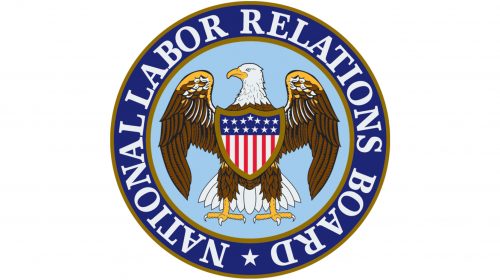A top ready mixed producer’s alleged unfair practices case has spawned a decision demonstrating the National Labor Relations Board’s return to decades-old, court-tested standards and National Labor Relations Act (NLRA) interpretations. It triggered a welcome rebuke of agency actions under the Obama administration, many of them skewed to Big Labor or injecting ambiguity in routine union grievance and employer response reviews.
The NLRB ruled last month that an employer like Georgia-based Argos USA can restrict employees’ possession of cell phones in heavy-duty trucks, disclosure of business matters, and use of company email for nonwork purposes without violating their NLRA-defined organizing rights. Board Members reversed four findings in a May 2019 administrative law judge decision involving Argos Ready Mix LLC, Naples, Fla. and Laborers’ International Union of North America Construction and Craft Workers Local 1652, Pompano Beach, Fla. The union and NLRB General Counsel had alleged NLRA Section 8(a)(1) violations—measures infringing Section 7-defined rights to organize. The allegations stemmed from the producer’s corporate Cell Phone Policy, which states: “It is strictly prohibited for a cell phone to be in the cab of a commercial and/or heavy equipment vehicle.” Argos mixer drivers, moreover, must sign a Cellular Telephone Acknowledgement form referencing a “zero tolerance” position on violations.
The policy underpinned a Naples plant mixer driver’s March-April 2017 suspension and termination. Management determined the driver had left his cell phone on or near a slump rack and was unable to show he had not possessed the device while in his truck. Argos informed Local 1652 of the suspension five days after the fact, and engaged union officials in an investigation aimed at comparing the driver’s January-February 2017 delivery schedule against call records that might indicate he had not used his cell phone during truck operation. Refusal to provide records led to termination, although Argos management continued to pursue a resolution with union officials and the driver for nearly another month.
To her credit, the administrative law judge cited the driver’s lack of credibility. In testimony, he indicated up to four-hour turnaround times for delivery assignments, versus records showing average times in under two hours; suggested that a supervisor who had observed the cell phone on or near the slump rack would cover for him; and, despite actions on his final day of Argos duty, claimed to regularly keep the phone in his car while delivering concrete.
Examination of potential NLRA violations surrounding the termination appears to have led to a probe of Argos human resources policies—much like a White House special counsel not content with investigating a single, designated target. In addition to the cell phone restriction, the NLRB General Counsel questioned an Electronic Communications Policy and Confidentiality Agreement in light of NLRA Section 7 “concerted activity” provisions.
Reversal of the administrative law judge findings reflect a return to precedent prior to Labor Board revisions under the Obama administration. In Argos Ready Mix LLC, the NLRB emphasizes principles behind current standards guiding NLRA enforcement: A confidentiality agreement and cell phone or electronic communications policy written and administered to protect a company’s business interest and advance safety do not infringe employee organizing rights.
